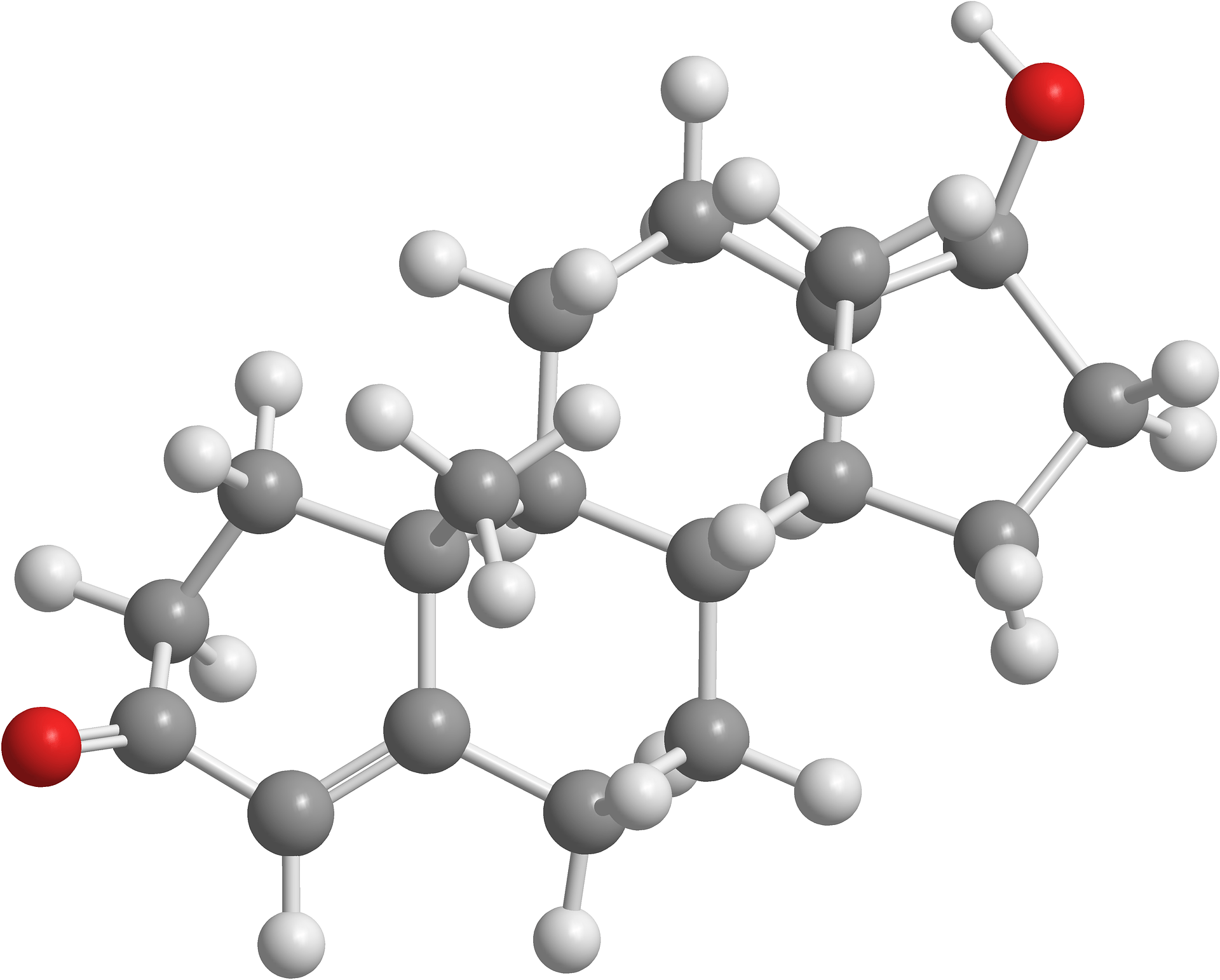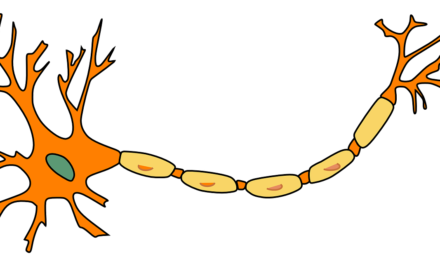Steroids are often associated with negative connotations due to their misuse in sports and bodybuilding, but it is essential to understand that steroids also have a natural presence in the human body. In this article, we will explore the positive aspects of steroids and delve into their natural occurrence.
Steroid Hormones in the Human Body
Steroid hormones are a class of hormones that are synthesized from cholesterol. They serve as chemical messengers that regulate various bodily functions. Examples of steroid hormones include testosterone, estrogen, progesterone, cortisol, and aldosterone.
Functions of Steroid Hormones
Steroid hormones play vital roles in the human body. Testosterone, for instance, is responsible for the development of secondary sexual characteristics in males, while estrogen promotes the development of secondary sexual characteristics in females. Progesterone supports pregnancy, and cortisol helps regulate metabolism and the stress response. Aldosterone regulates electrolyte and fluid balance.
Natural Production of Steroids in the Human Body
Steroid hormones are produced naturally within the body through a process called biosynthesis. The main endocrine organs involved in steroid production are the adrenal glands, gonads (testes and ovaries), and the placenta during pregnancy.
Importance of Steroids in Physical Performance
Steroids, particularly testosterone, play a significant role in muscle development and growth. Estrogen contributes to maintaining strong and healthy bones. Steroids can enhance exercise capacity and aid in recovery and tissue repair, positively impacting physical performance.
Steroids and Mental Health
Steroid hormones are closely linked to mood regulation and cognitive functions. They influence neurotransmitters in the brain, affecting emotions and cognitive abilities. Additionally, steroids play a role in stress response and resilience.
Natural Ways to Optimize Steroid Production
Certain lifestyle choices can optimize natural steroid production. A balanced diet rich in nutrients, regular exercise, adequate sleep, stress management techniques, and maintaining hormonal balance are all key factors in supporting optimal steroid production.
Misconceptions about Steroids
It is crucial to differentiate between natural steroids and synthetic steroids, which are often misused for performance-enhancing purposes. Educating the public about the natural presence of steroids and addressing concerns can help dispel misconceptions surrounding their use.
Conclusion
Steroids are not solely synonymous with their negative connotations. They are naturally occurring compounds in the human body that play vital roles in various bodily functions. Understanding the positive aspects of natural steroid production can promote a more balanced and informed perspective. Further research and exploration of steroids are necessary to unlock their full potential for human health and well-being.
FAQs
Q: What are steroids?
A: Steroids are a class of naturally occurring compounds in the human body that serve as chemical messengers regulating various bodily functions.
Q: Which hormones fall under the category of steroids?
A: Examples of steroid hormones include testosterone, estrogen, progesterone, cortisol, and aldosterone.
Q: What functions do steroid hormones perform in the body?
A: Steroid hormones have diverse functions, such as regulating sexual characteristics, supporting growth and development, maintaining homeostasis, supporting reproductive functions, and influencing metabolism.
Q: How are steroids produced in the human body?
A: Steroid hormones are synthesized from cholesterol through a process called biosynthesis. The main endocrine organs involved in steroid production are the adrenal glands, gonads (testes and ovaries), and the placenta during pregnancy.
Q: What is the importance of steroids in physical performance?
A: Steroids, such as testosterone, play a significant role in muscle development and growth. Estrogen helps maintain strong and healthy bones. Steroids can also enhance exercise capacity, aid in recovery, and promote tissue repair, positively impacting physical performance.
Q: Do steroids have an impact on mental health?
A: Yes, steroid hormones are closely linked to mood regulation and cognitive functions. They influence neurotransmitters in the brain, affecting emotions and cognitive abilities. Steroids also play a role in the stress response and resilience.
Q: How can one optimize natural steroid production?
A: Natural steroid production can be optimized through lifestyle choices such as maintaining a balanced diet rich in nutrients, engaging in regular exercise and physical activity, getting adequate sleep and rest, practicing stress management techniques, and striving for hormonal balance.
Q: Are natural steroids the same as synthetic steroids?
A: No, natural steroids and synthetic steroids are different. Natural steroids refer to the steroids naturally produced in the human body, while synthetic steroids are artificially created and often misused for performance-enhancing purposes.
Q: Are there any risks or side effects associated with natural steroid production?
A: Natural steroid production within the body does not pose significant risks or side effects. However, it is important to maintain a balanced hormone level and consult healthcare professionals if experiencing any unusual symptoms.
Q: How can we dispel misconceptions about steroids?
A: Educating the public about the natural presence of steroids in the body, differentiating between natural and synthetic steroids, and highlighting the positive aspects of natural steroid production can help dispel misconceptions and promote a more informed perspective.
Author

Dr. Aditya K. Sharma
I am Dr. Aditya Sharma, a dedicated urologist specializing in kidney transplants and advanced urological surgeries. My career is driven by a passion for delivering exceptional care and pioneering surgical techniques. Outside the operating room, I have a keen interest in studying the effects of anabolic steroids on bodybuilding, seeking to understand the fine line between enhancing performance and maintaining health.







